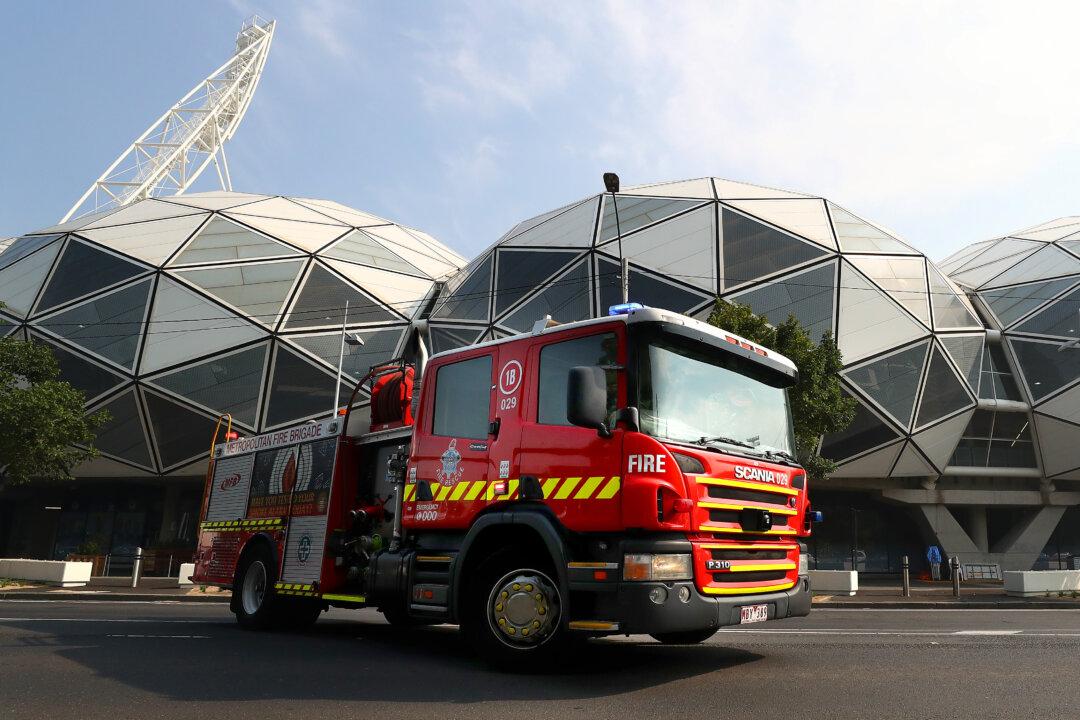Volunteer firefighters in regional Victoria stepped down on May 15 as state parliament enacted a new emergency services levy.
There were reports of firefighters leaving their posts in regional communities on the night of May 15 when state MPs were debating on the bill, set to come into effect on July 1.





